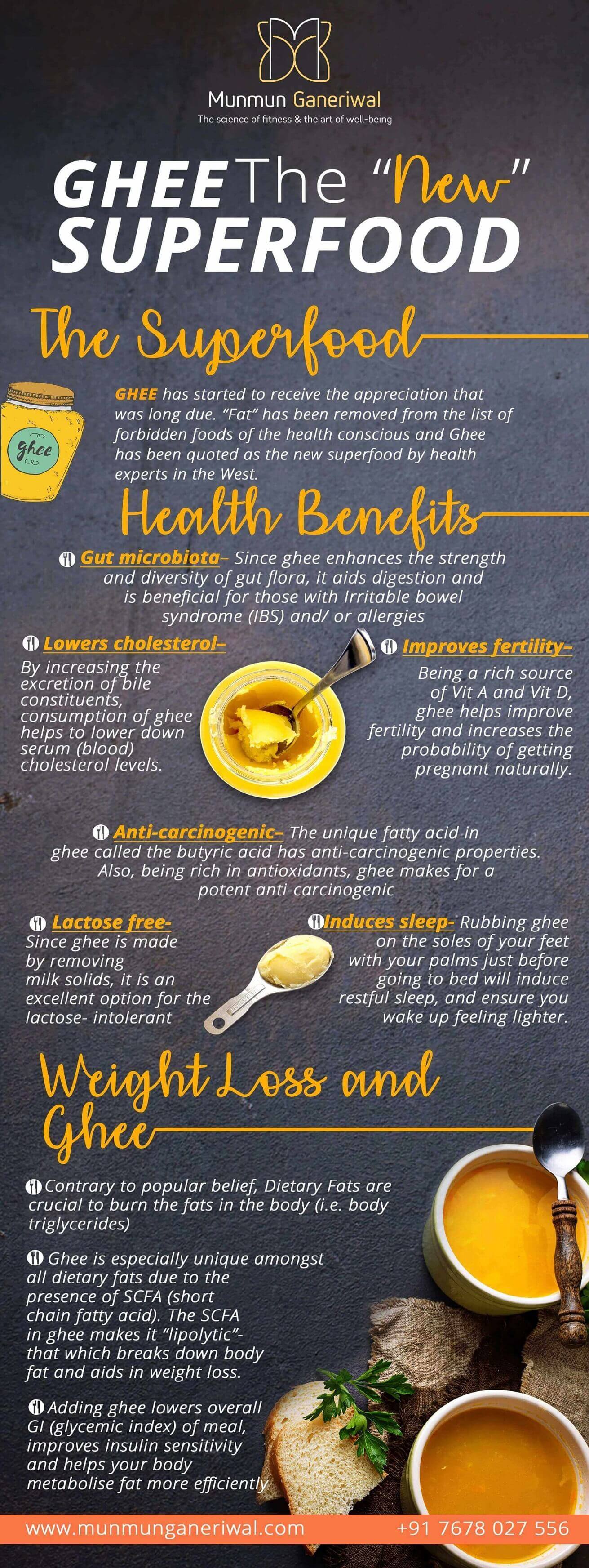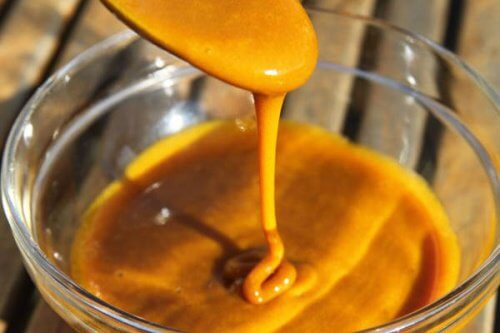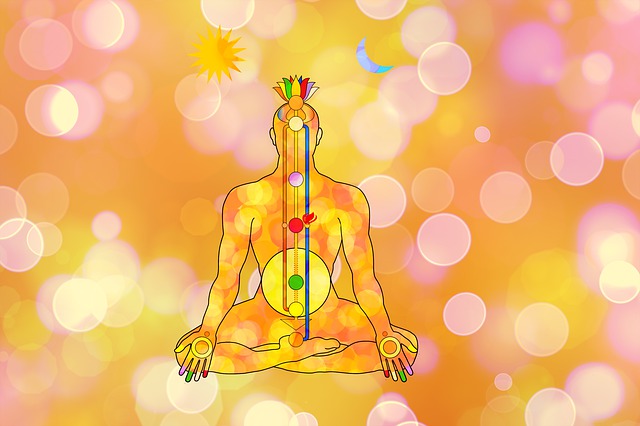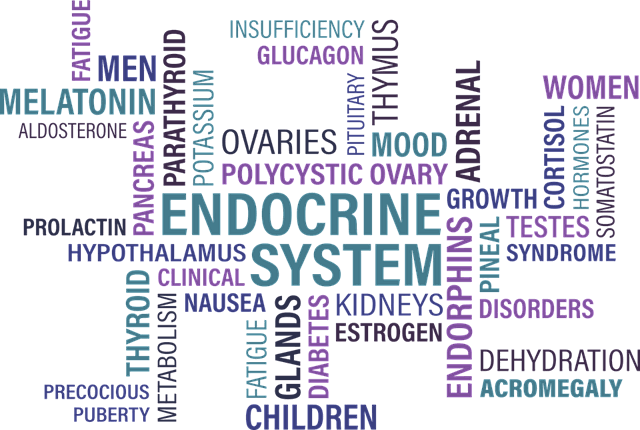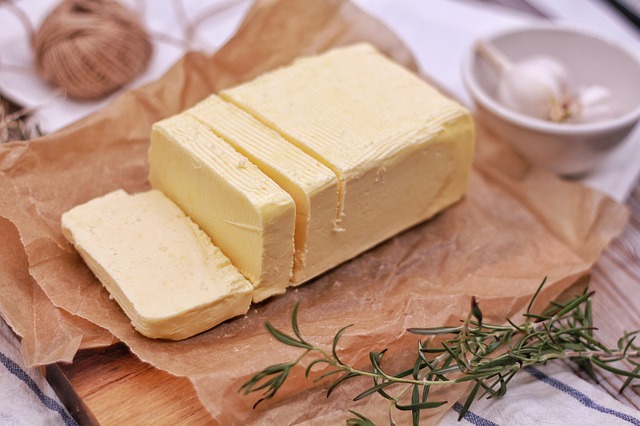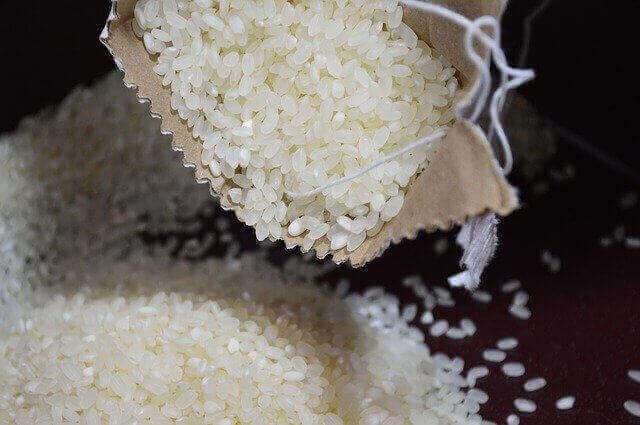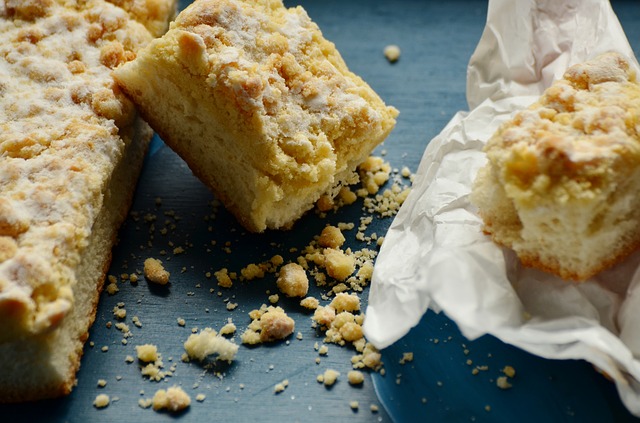
Mango may play the king of fruits, but when it comes to making up the health, banana owns the crown. Banana, is a common fruit and can be seen in almost every part of India. Be it sheera, malpua or payasam (kheer), a sweet and sour twist of banana adds a delicious flavour summing up to its taste. The crispy and salty chips made by slicing down the bananas are famous too. Apart from being one of the tasty fruit, it is also considered as a source of nutrition and a healthy snack.
Banana Health Benefits (you must know)
Contrary to popular belief, bananas actually help you in losing weight. If you are looking out to get healthy and fit, then there are reasons enough for you to include this humble fruit in your daily diet. Here are the 8 beneficial reasons why you must eat a banana-
Improves Digestion

Bananas are rich in and dietary fibre, which are vital elements in removing the toxins from the body. It also contains fructooligosaccharides, which is prebiotic in nature. What this fructooligosaccharides or FOS does is, it feeds the good bacteria within the digestive tract. This helps us to absorb the necessary nutrients systematically.
Bananas provide an ease in digesting food. Even if you’re going through a constipation case, banana comes to the rescue, thereby smoothening the bowel movements. Bananas ultimately aid in minimizing the unhealthy digestive situations keeping your gut fit and light.
Aids in Boosting Energy

Neither an energy bar nor any flavoured energy drink can provide enough of nutrients which a single banana can- it is considered as an energy-boosting snack by health experts. A dose of vitamin and mineral is must to give a power packed performance, and bananas surely come up with what’s required. Professional athletes and other sports personalities make sure to have bananas in their diet plan, which helps them in their strenuous workout.
Serves as a Great source of Potassium
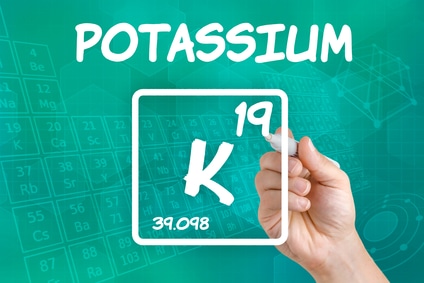
Potassium plays a major role in proper functioning of a heart. It helps in regulating blood pressure and aids in smooth flow of blood throughout the body. Banana, being rich in potassium, benefits you by reducing the risk of high blood pressure. According to research, eating bananas everyday can lower down the risk of stroke by 20%. It is also considered as a superfood (super fruit).
Fights Various Skin Conditions

Being rich in nutrients, banana also has a major role in keeping your skin healthy. A well-mashed banana, when applied on face, helps in moisturizing the skin, making it smooth. It also controls the oil on the skin, when applied along with honey and a bit of lemon juice.
Not just the fruit, but also its peel has its own potential. The fatty acids present in the banana skin makes it good enough for fighting psoriasis, acne and other skin conditions.
Helps Fight Anaemia

Banana can help fight Anaemia, a condition in which there occurs a deficiency in the total number of RBCs or haemoglobin in the blood.
Iron and copper are essential elements which make up the haemoglobin, and bananas are a great source of both, iron and copper. Banana, with its active elements, iron and copper, plays a vital role in enhancing the ability of blood to carry oxygen.
Assists in Strengthening Bones

As you already know, strong bones are essential to staying fit and healthy. Banana is a great source of nutrients: Vitamin K, calcium, magnesium, and potassium which are much needed to keep up the strength within your bones. Also as said earlier, the prebiotic component called fructooligosaccharides present in it helps the good bacteria produce the necessary digestive enzymes and vitamins, which ultimately help in bone-strengthening.
Combats Depression

Banana is a natural stress buster, it helps to fight depression. It contains high levels of tryptophan which gets converted by the body into serotonin, which helps to relax and improve your mood. It also contains other elements like dopamine and Vitamin B6 which play a vital role in boosting one’s mood.
Improves Eye-sight
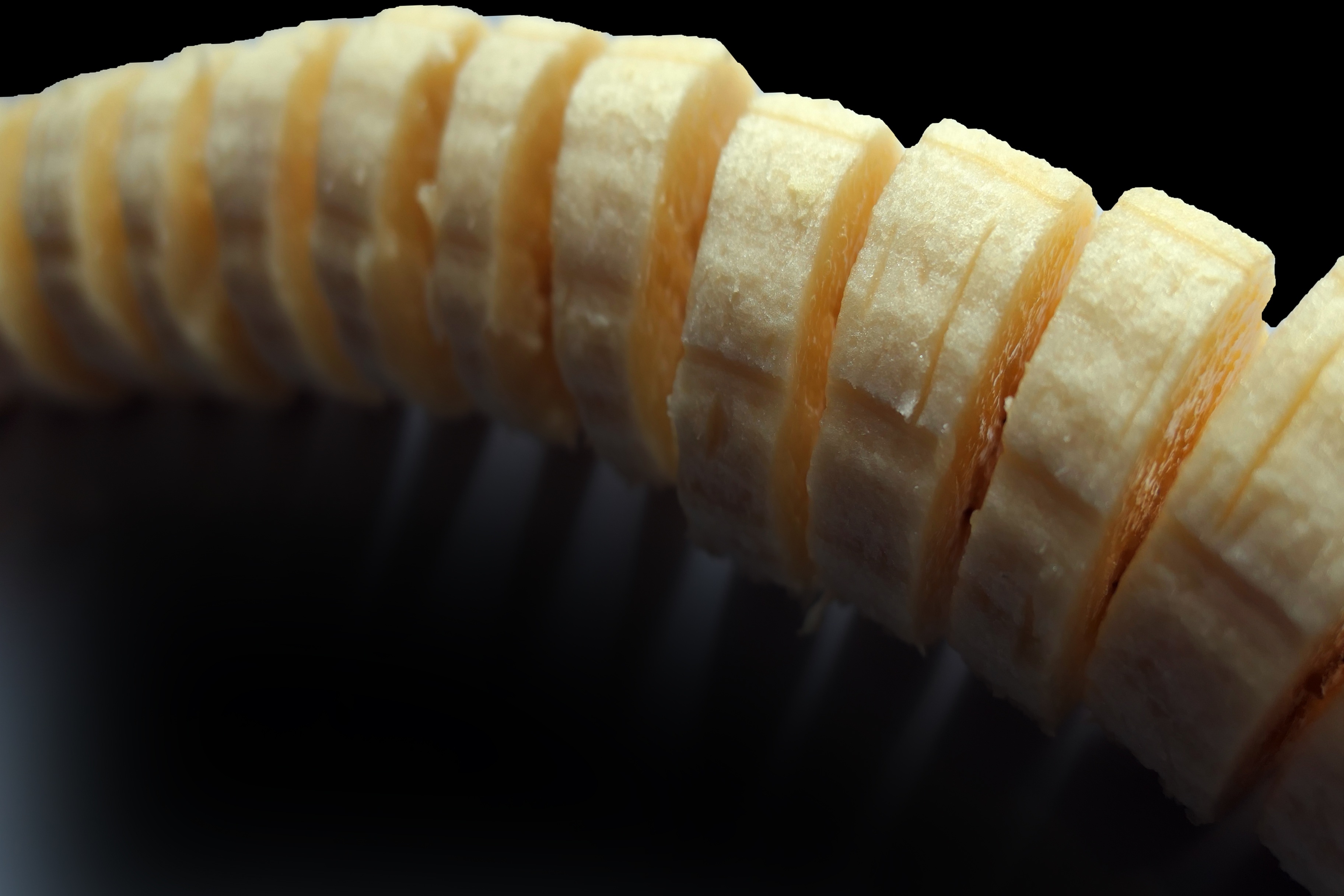
You must have heard people saying carrot and beet-roots can benefit in improving your vision (and surely they do). Meanwhile, according to the new studies, bananas also help in enhancing the eye-sight. Banana has all the necessary contents like antioxidants and carotenoids along with required minerals which keeps your eyes healthy. Even a normal intake of banana can suppress cataracts, glaucoma, and night blindness.
Key Take-away

And you wondered why those minions are so crazy for this simple looking fruit. Now you must have got an idea. An apple a day may surely keep the doctor away, so does the banana. So make sure to add this delicious fruit to your daily diet to stay healthy and fit. Start munching now!
Read related articles on Indian fruits.
10 Reasons to Eat Mangoes in Summer
Enjoy local Tadgolas (Toddy palm) in Summer
Confused by the misinformation about potential health problems with traditional Indian foods? Get in touch with award-winning Mumbai dietitian and nutritionist, Munmun Ganeriwal, a strong advocate of the holistic, wellness benefits of fresh, local, and traditional Indian foods

